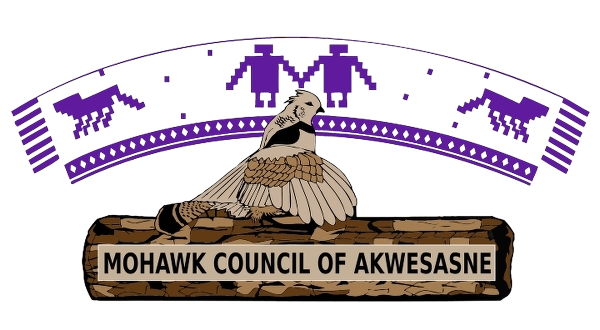The Indigenous Court Worker (ICW) Program supports Mohawks of Akwesasne and other Indigenous peoples as they navigate the justice system. Rooted in a Kanien’kehá:ka approach to justice, the program ensures that individuals understand their rights, responsibilities, and options — while promoting fair and culturally respectful treatment in both local and provincial courts.
Our Mission
To promote a Kanien’kehá:ka approach to justice that respects the rights of all Akwesasronon while building understanding between the community and justice systems.
What We Do
The Indigenous Court Worker provides guidance and support for community members involved in the justice system, including those appearing in:
- Akwesasne Court
- Criminal, Youth, Family, and Bail Courts in Cornwall, Ontario and Valleyfield, Québec
Services include:
Legal Support & Navigation
- Explaining charges, legal options, and court procedures.
- Providing information on rights and responsibilities.
- Clarifying the roles of the Akwesasne Court and Akwesasne Community Justice Program.
- Speaking on behalf of the accused in court when needed.
Referrals & Advocacy
- Referrals to Legal Aid, legal resources, and social services.
- Support with education, employment, health, and counseling resources to address root causes of justice involvement.
- Bail supervision and assistance navigating court orders.
Cultural Advocacy
- Helping court officials understand Mohawk values, traditions, and community perspectives.
- Supporting Indigenous victims and witnesses by explaining justice procedures and reducing barriers to communication.
Community Education
- Public legal education and outreach.
- Supporting families and community members in understanding the justice system and alternative justice options.
ICW Contact:
Patti Bova, Indigenous Court Worker
Phone: 613-575-5007 ext. 1332
Email: patti.bova@akwesasne.ca

